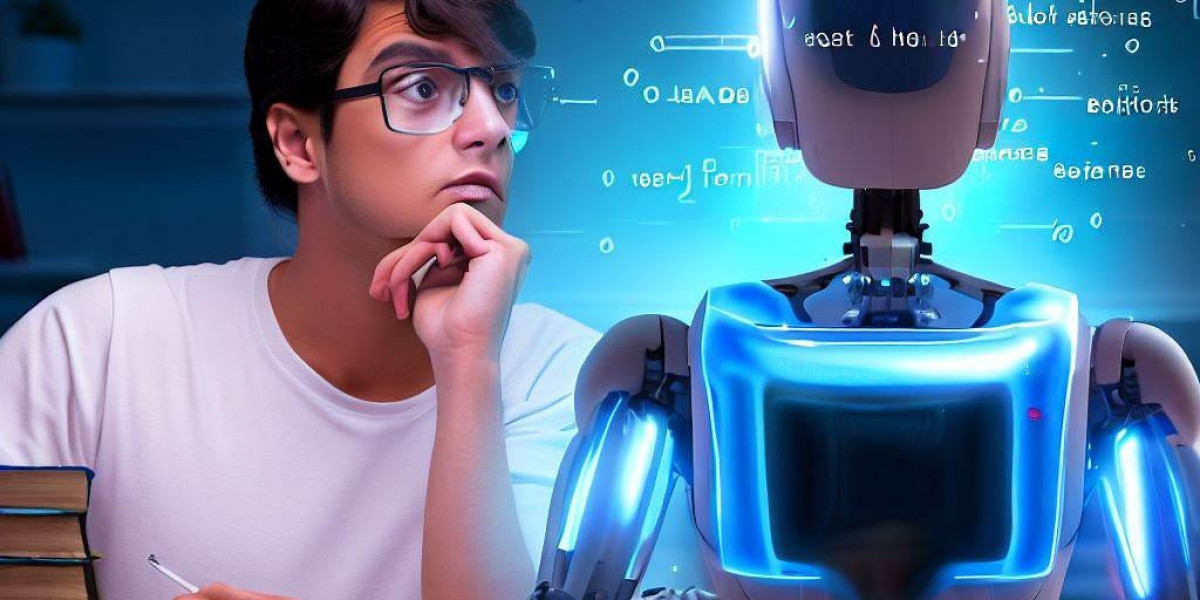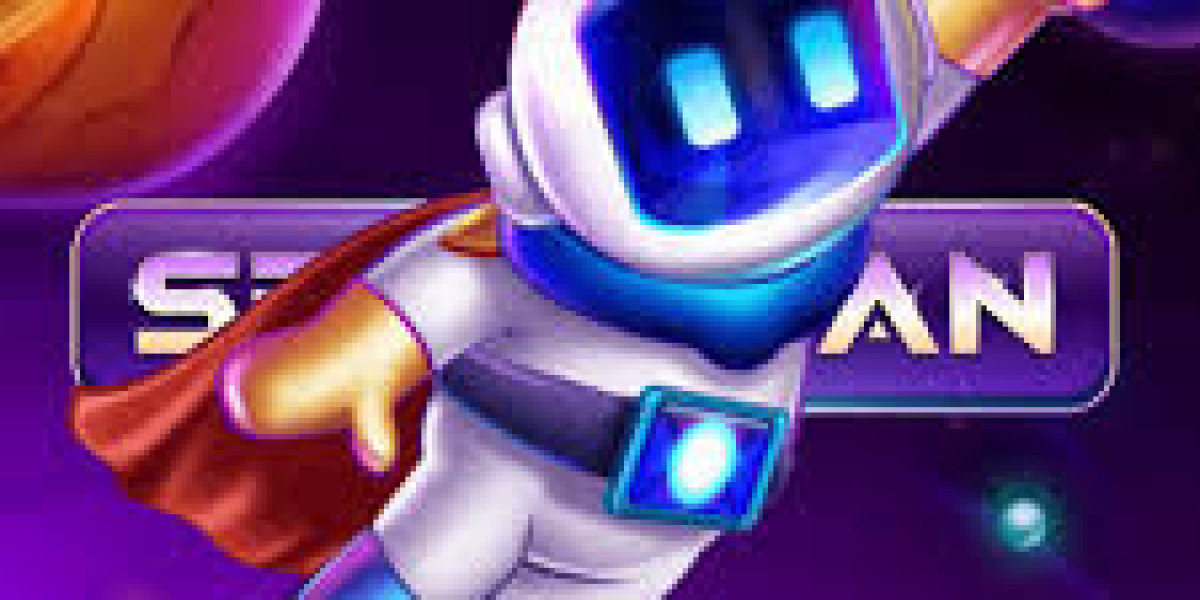In today’s fast-changing world, education is no longer limited to classrooms and textbooks. With the advancement of artificial intelligence (AI), learning has become more personalized, interactive, and accessible than ever before. One of the most transformative applications of this technology is AI tutoring—a smart, adaptive system that helps students learn at their own pace while receiving instant guidance and feedback.
What is AI Tutoring?
AI tutoring refers to the use of artificial intelligence systems to provide one-on-one educational support to learners. Unlike traditional tutors, AI tutors rely on advanced algorithms, natural language processing, and machine learning to analyze a student’s performance, identify knowledge gaps, and deliver tailored learning experiences.
These platforms simulate the role of a human tutor by answering questions, explaining concepts in simple terms, giving practice exercises, and tracking progress over time. With 24/7 availability, AI tutors can assist students whenever and wherever they need help.
Key Benefits of AI Tutoring
Personalized Learning Experience
Every student learns differently. Some grasp concepts quickly, while others need more time. AI tutoring adapts to individual learning styles, creating customized lesson plans and practice tests that match each learner’s pace.Instant Feedback and Corrections
Instead of waiting for a teacher or tutor, students get immediate feedback. If they make a mistake, the AI tutor explains why and guides them toward the correct solution. This helps reinforce understanding and prevents knowledge gaps from building up.24/7 Availability
Unlike traditional tutoring services that require scheduled sessions, AI tutors are available anytime. Whether it’s late-night homework help or early-morning exam revision, students can access assistance on demand.Cost-Effective Learning
Hiring private tutors can be expensive. AI tutoring offers a more affordable alternative, providing quality education at a fraction of the cost. This makes learning accessible to a wider range of students worldwide.Engaging and Interactive Tools
Many AI tutoring platforms use gamification, quizzes, videos, and interactive simulations to make learning enjoyable. This keeps students motivated and interested in their studies.
How AI Tutoring Works
AI tutoring systems rely on several advanced technologies:
Natural Language Processing (NLP): Helps AI understand and respond to student queries in human-like conversation.
Machine Learning Algorithms: Analyze student behavior, track progress, and adapt lessons for personalized growth.
Data Analytics: Monitor performance and highlight weak areas where extra practice is needed.
Adaptive Assessments: Adjust the difficulty of questions based on how well the student is performing.
Together, these tools create a highly customized and dynamic learning experience.
Popular Uses of AI Tutoring
AI tutoring is now widely used across different educational levels and subjects:
School Education: Assists students with subjects like mathematics, science, and languages.
Higher Education: Provides study support for university-level courses and professional certifications.
Language Learning: Offers real-time grammar checks, vocabulary practice, and conversation simulations.
Test Preparation: Helps students prepare for exams such as SAT, GRE, IELTS, and more with practice questions and personalized strategies.
Skill Development: Supports learners in acquiring coding, digital marketing, and other professional skills.
Challenges of AI Tutoring
While AI tutoring offers immense potential, it also comes with challenges:
Lack of Human Touch: Emotional support and mentorship from real teachers cannot be fully replaced.
Data Privacy Concerns: Since AI tutors collect student data, maintaining security and privacy is essential.
Accessibility Issues: Not all students have access to high-speed internet or smart devices required for AI-based learning.
The Future of AI Tutoring
The future of AI tutoring looks promising. As AI becomes more advanced, we can expect tutors that better understand emotions, adapt to unique cultural contexts, and integrate seamlessly with traditional education systems. Schools and universities are already adopting AI-driven tools, and in the coming years, these systems may become an essential part of every learner’s academic journey.
With the right balance between technology and human interaction, AI tutoring can complement teachers, empower students, and create a more inclusive education system worldwide.
✅ Conclusion: AI tutoring is not just a trend but a revolution in modern education. By combining personalized learning, instant feedback, and 24/7 accessibility, AI tutors are helping students achieve academic success more efficiently. While challenges exist, the benefits far outweigh the limitations, making AI tutoring a cornerstone of the future of education.








